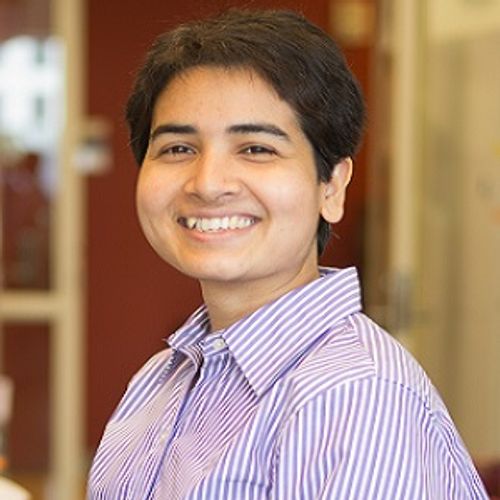
Deblina Sarkar
AT&T Career Development Chair Professor; Associate Professor

Bio
Deblina Sarkar is an associate professor at MIT and AT&T Career Development Chair Professor at MIT Media Lab. She heads the Nano-Cybernetic Biotrek research group. Her group carries out trans-disciplinary research fusing engineering, applied physics, and biology, aiming to bridge the gap between nanotechnology and synthetic biology to develop disruptive technologies for nanoelectronic devices and create new paradigms for life-machine symbiosis.
Sarkar is the inventor of the world’s thinnest channel (six atoms thick) quantum-mechanical transistor, which overcomes fundamental thermal limitations, could lead to energy reduction by more than 75%, and allows dimensional scalability to beyond the silicon-scaling era. Her research also showed for the first time that employment of atomically thin flexible 2D-materials and quantum mechanical transistors can lead to low-power nanoelectronic biosensors with extremely high sensitivity and the potential for single-molecular detectability—greatly beneficial for wearable/implantable biomedical devices and point-of-care applications.
Apart from low-power electronic computation, Sarkar is also passionately curious about biological computational systems—especially the brain—which can be thought of as an ultimate example of a low-power computer. Recently her team has developed the first ultra-miniaturized antenna that can work wirelessly inside a living cell in 3D biological systems. This technology can explore and augment the mysterious inner environment of the cell and can bring in the prowess of information technology inside a living cell to create cellular scale-cyborgs.
Among the numerous awards and recognitions for her research, Sarkar’s PhD dissertation was honored as one of the top three dissertations throughout the USA and Canada in the field of mathematics, physical sciences, and all departments of engineering by the Council of Graduate Schools. Her work has led to more than 40 publications to date, and her technologies are being utilized by researchers around the globe.